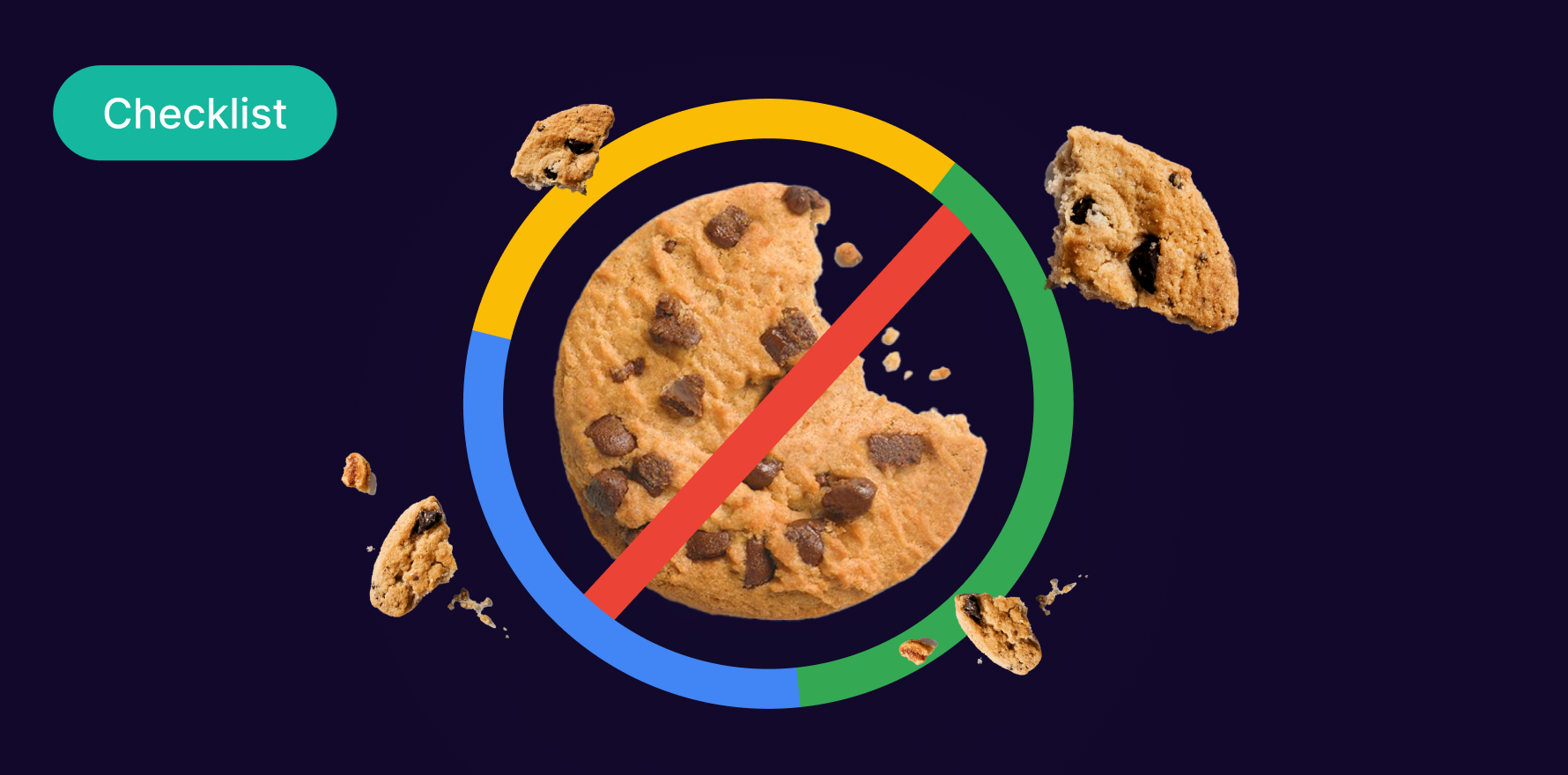What is Marketing Mix Metrics?
Marketing Mix Metrics in ecommerce refer to an analysis of the four core components – product, price, place, and promotion – that influence the marketing outcomes of an online business. This strategic endeavor aids in understanding, evaluating, and optimizing these areas to create an efficient and effective marketing strategy.
Formula
Marketing Mix Metrics don’t directly have a specific formula. They involve qualitative and quantitative assessment via Key Performance Indicators (KPIs) like sales volume, profit margin, customer acquisition cost, customer churn rate, website traffic, conversion rate, and others for each component of the marketing mix.
Example
For instance, if a company sells a product online, they would analyze how changes in the product (quality, design, assortment), price (discounts, cost-plus pricing), place (website layout, ease of navigation), and promotion (advertising, SEO, social media marketing) impact their chosen KPIs.
Why is Marketing Mix Metrics important?
Understanding Marketing Mix Metrics is crucial for various reasons. They help in aligning your marketing efforts with business objectives, determining the ROI of marketing initiatives, making data-driven decisions, and optimizing your marketing strategy for better performance.
Which factors impact Marketing Mix Metrics?
Improvement of Marketing Mix Metrics starts with meticulous data collection and analysis. After identifying weaknesses in your marketing mix, employ A/B testing to optimize product offerings, pricing strategies, website layouts, and promotional campaigns. Also, understanding customer behavior can enable targeted enhancements.
How can Marketing Mix Metrics be improved?
Many factors impact Marketing Mix Metrics, including market trends, customer preferences, competitor activities, technological advancements, and internal business factors. Navigating these variables requires constant monitoring and agility to adjust strategies as needed.
What is Marketing Mix Metrics’s relationship with other metrics?
Marketing Mix Metrics often correspond with other ecommerce metrics. For instance, an effective promotional strategy can improve website traffic (an essential ecommerce metric). Furthermore, optimal pricing can improve profit margins, while a well-designed and easy-to-navigate website (place) can elevate conversion rates.
Free essential resources for success
Discover more from Lifesight






















































